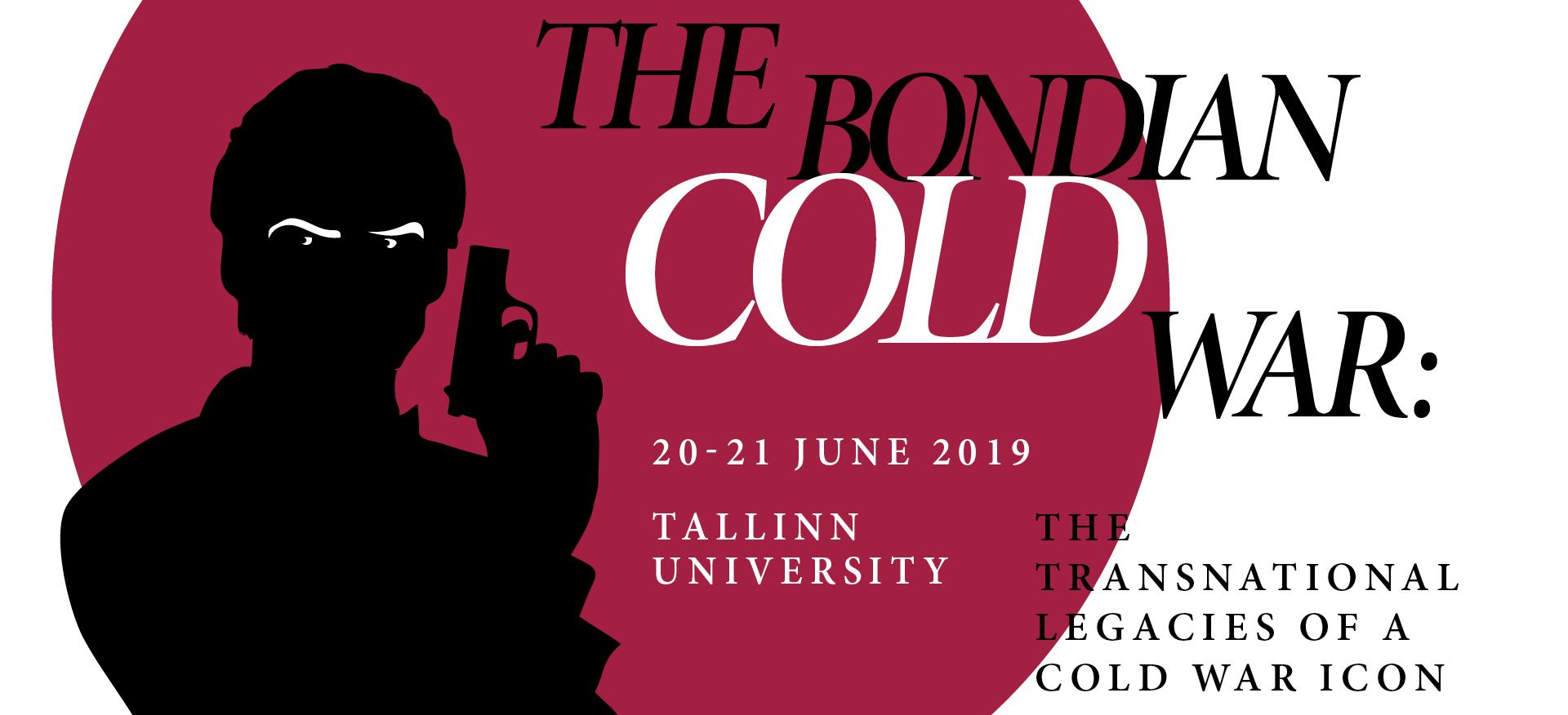The conference focuses on James Bond’s Cold War legacy
This week, on 20–21 June, a two-day conference, ‘The Bondian Cold War: The Transnational Legacies of a Cold War Icon’, will be held at Tallinn University, exploring the connections between James Bond and the Cold War.

Researchers of very different backgrounds (intelligence researchers, historians, literary scientists, and cinema and television fans) will attend the event in order to examine James Bond’s Cold War era legacy from different perspectives.
James Bond (007) has been a global brand since his first introduction in 1953. In spite of being a deeply British phenomenon, Bond’s adventures from the Cold War era have taken an international scale and attracted huge audiences worldwide.
‘The conference is partly about Bond as a spy and about the novels, films, and computer games featuring him, but also about how espionage was portrayed during the Cold War and why it is such a popular genre,’ explains British historian Martin D. Brown, one of the organisers of the conference and a visiting professor at Tallinn University.
The keynote speaker in the conference is Gill Bennett, a British specialist in espionage and a historian who served as a Chief Historian and archivist at the Foreign Office of the United Kingdom from 1995 to 2005. She will speak at the conference about the gaps between the myth and the reality of Bond.
One session of the conference is held with Avner Avraham, a former representative of Mossad (the national intelligence agency of Israel) who also consults filmmakers. At the conference, he will be speaking about the interaction between the reality and the image of espionage.
Martin D. Brown has been teaching students for years, bringing together James Bond and international history. In his courses, he discusses Bond from his creation by Ian Fleming in 1953 up to the newest films, to illustrate and relate it to various changing aspects of history.
‘I found an exciting and somewhat different manner for stimulating students’ interest in the history of the second half of the twentieth century,’ states Brown.
Martin D. Brown and his colleagues, professor Muriel Blaive (Institute for the Study of Totalitarian Regimes, Prague) and Ronald Granieri (University of Pennsylvania), have been interested in spies and films for many years.
‘We’ve been swapping information about the movies and novels we have enjoyed for years, so with the new Bond #25 being filmed we thought it would be a perfect opportunity to have a conference on the subject and combined it with our research into the Cold War.’ explains Brown.
Brown adds that there’s also the question of a supposed ‘New Cold War’ or ‘Cold War 2.0’ being waged between the United States and Russia.
“Yet the scholarship surrounding the history of the Cold War is exceedingly dynamic, with new approaches and theories often based on new evidence. We tend to think we know the Cold War, especially those of us who are old enough to remember it, but the parameters and understanding of the era are in constant flux. Our historical understanding of this era is constantly evolving and changing.”
The conference will feature many other historians in addition to Gill Bennett, Avner Avraham, and Martin D. Brown. Further information about the participants in the conference can be found here. Facebook event.
The event will be held on 20 and 21 June in room M-225 at Tallinn University. Event is free of charge and everyone interested is welcome to attend.
